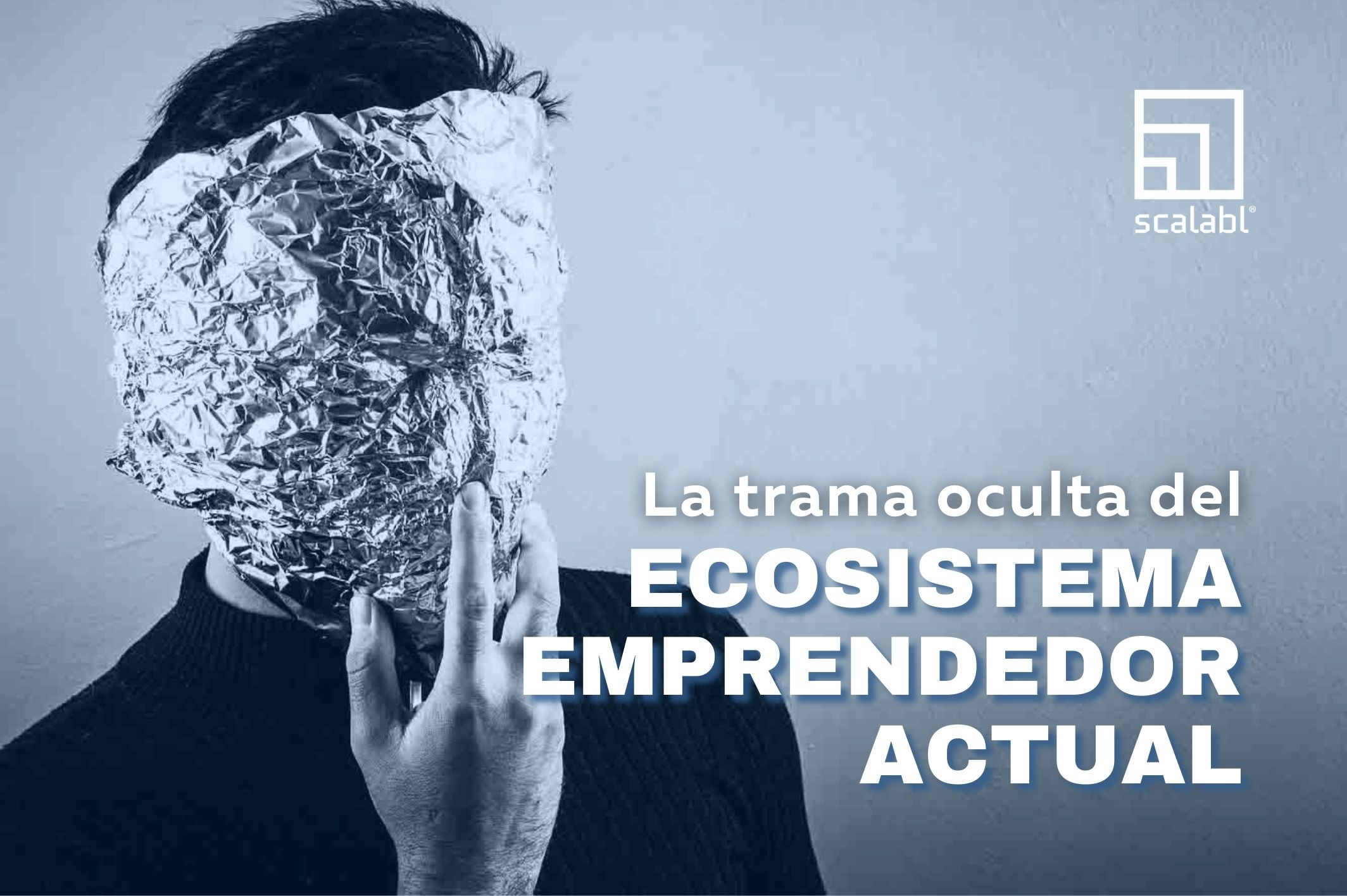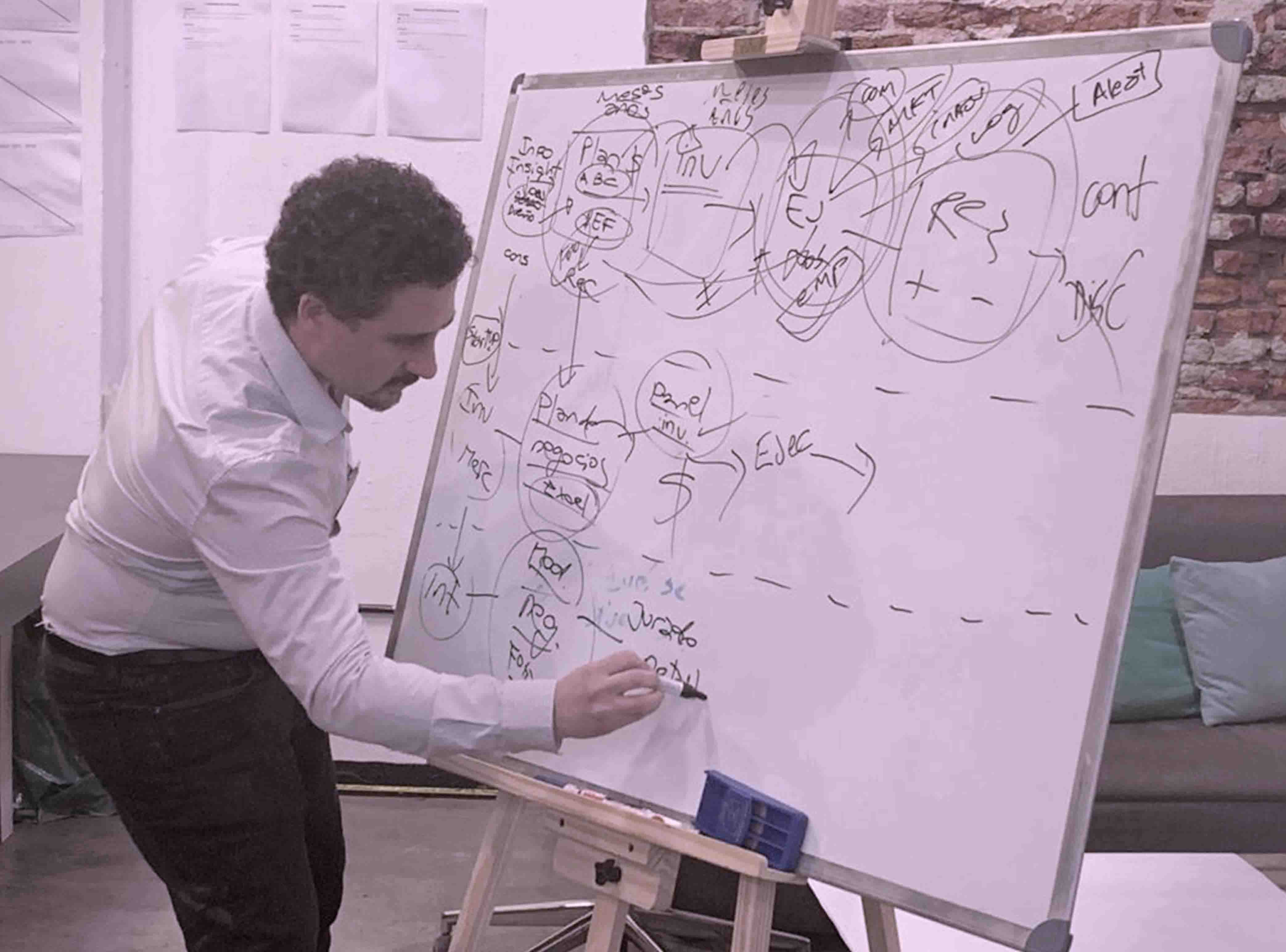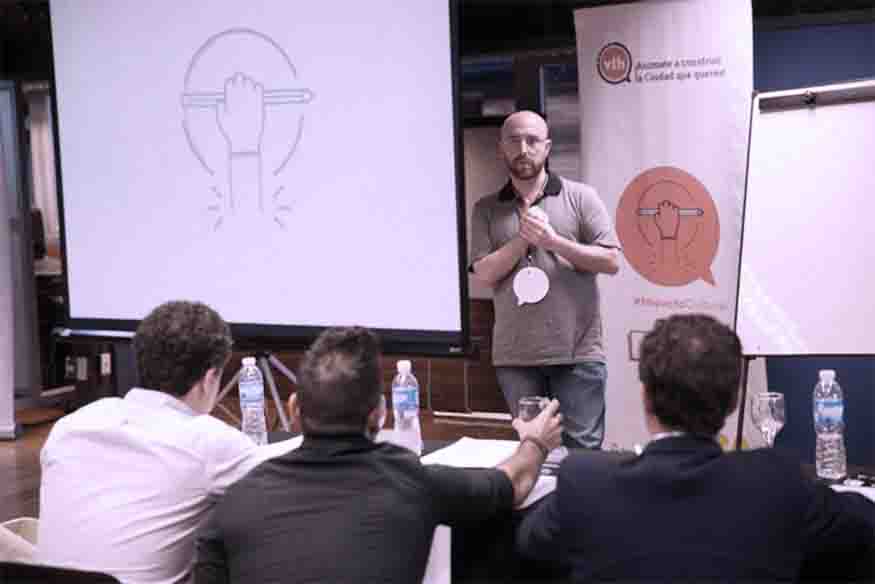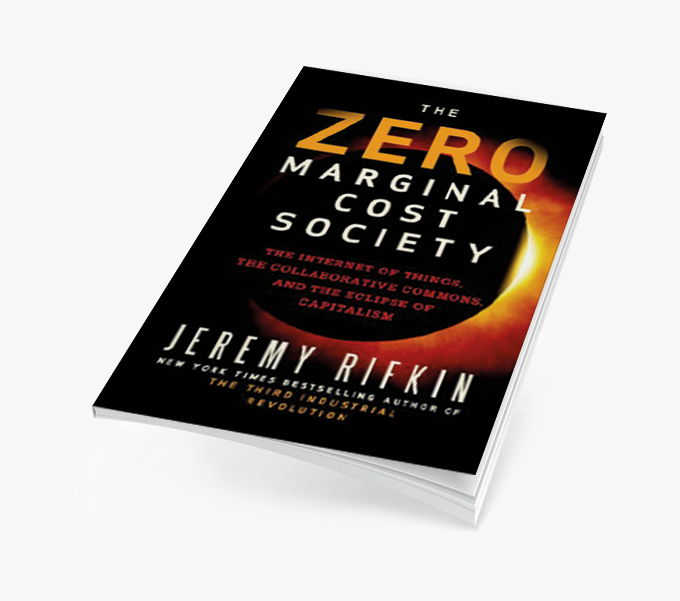

from Jeremy Rifkin
In "The Zero Marginal Cost Society," Jeremy Rifkin paints a visionary picture of an economic revolution, propelled by the rapid advancements in technology and a paradigm shift towards a sharing economy. Rifkin postulates that we are transitioning towards a society where the marginal cost of producing additional units of goods and services is nearing zero. This transformative shift is primarily driven by the convergence of the Internet of Things, renewable energy, and the rise of 'prosumers'—consumers who also become producers. At the core of this evolution is the emergence of the Collaborative Commons, an economic system where sharing becomes the norm, supplanting traditional market-centric approaches. This shift is underpinned by significant technological advancements that create a networked infrastructure, enabling unprecedented efficiency and accessibility.
Rifkin delves into the profound impacts of this economic shift on labor markets and corporate structures. He highlights how automation, artificial intelligence, and the Internet of Things are reshaping production, fundamentally altering the nature of work. The traditional roles and employment models are being challenged, giving rise to a new economy centered around shared resources and collaborative endeavors. This transition necessitates a radical rethinking of corporate strategies and objectives, emphasizing sustainability, community engagement, and social responsibility. In this new paradigm, businesses are compelled to adapt by focusing on managing and servicing the vast networks that underpin this economy, moving away from profit-driven models based solely on selling products and services.
The environmental implications of this shift are profound. Rifkin argues that the zero marginal cost society could usher in a more sustainable economic system, as renewable energy and efficient resource use become mainstream. This presents an opportunity to address pressing environmental challenges, such as climate change and resource depletion. The transition towards renewable energy and the Internet of Things represents a shift not just in how we produce and consume energy, but in how we view our relationship with the environment.
Beyond economics, Rifkin explores the societal and cultural implications of this shift. He envisions a future where access becomes more critical than ownership, leading to more equitable distribution of resources and wealth. This transformation has the potential to foster a greater sense of social justice and economic inclusivity, reshaping cultural values and individual lifestyles toward a more cooperative and empathetic global society. The collaborative commons model promotes international cooperation, potentially leading to a more interconnected and understanding global community, offering both challenges and opportunities in sustainable development and environmental stewardship.
Rifkin's vision, as laid out in "The Zero Marginal Cost Society," is not merely an economic transformation but a comprehensive shift towards a society that values collaboration, shared interests, and collective well-being over competition and individual gain. This book offers a nuanced view of these broader implications, providing valuable insights for business leaders, entrepreneurs, and innovators. It encourages readers to reflect on the profound changes shaping our future and the role we can play in this transformation. Through this work, Rifkin not only informs but also inspires, inviting us to envision and contribute to a more collaborative, sustainable, and equitable world.








